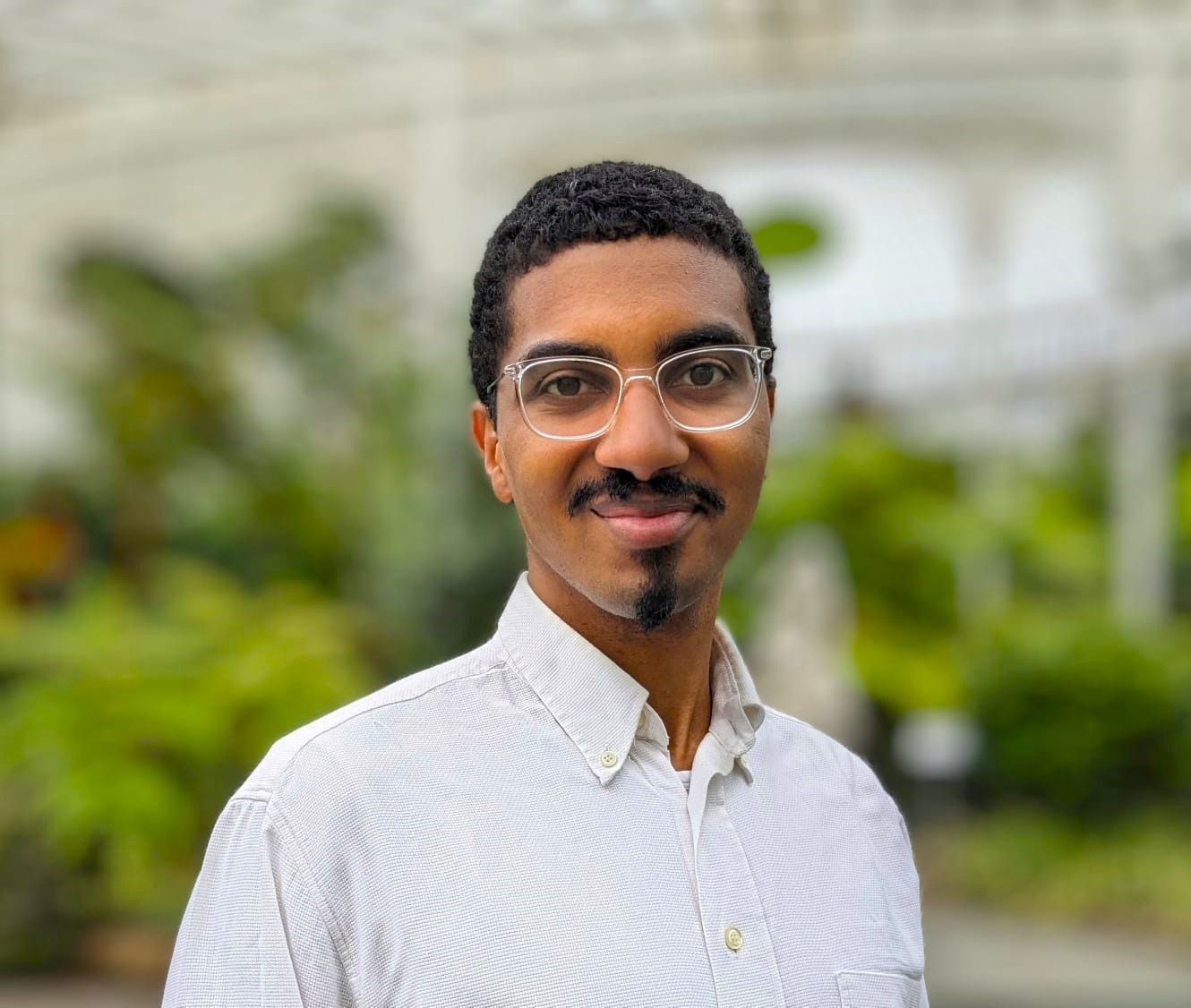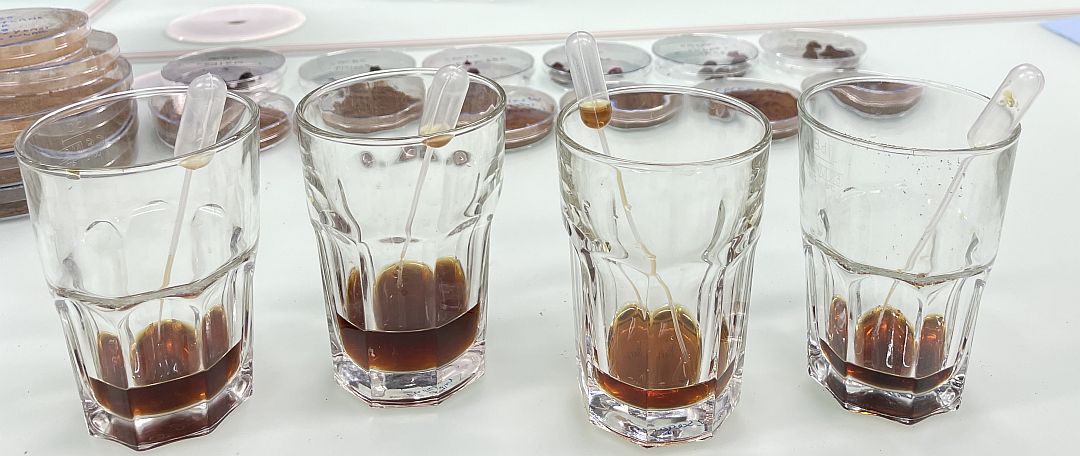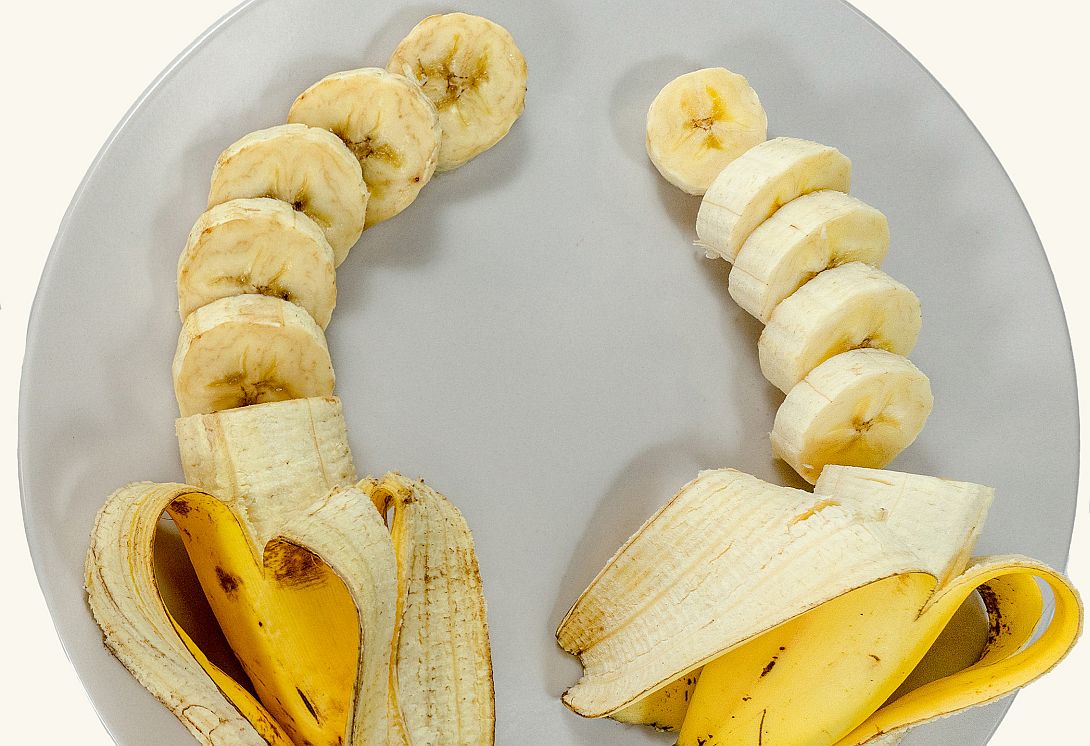Prior to joining Deep Science Ventures’ PhD program, Winnie Wambugu had no idea it was possible to pursue academic research while running a startup.
“I didn’t know you could do both entrepreneurship and research,” she said in a recent chat with AgFunderNews.
Wambugu is the cofounder and managing director of Nakuru Tubers, a Kenya-based startup innovating on seed potatoes to help smallholder farmers increase yields.
She is also a PhD candidate in the Deep Science Doctorate program, an alternative to the traditional PhD route born out of venture-building firm Deep Science Ventures.
Dr. Thane Campbell launched the program in response to his own struggles in bridging the academic and commercial divide.
“We think at the interface of science and commercialization,” Dr. Campbell told AgFunderNews in 2023. The program, he said, is “both for people who are starting from a business stance and for those starting from science.”
Joined by Dr. Campbell, Wambugu recently shared her experience in the DSV doctoral program, which currently has 11 PhD candidates, and how it has enabled her to run a startup and pursue a higher degree simultaneously.
AgFunderNews (AFN): Has agriculture always been part of your background?
Winne Wambugu (WW): I’ve always been in the agricultural space. In high school, it was compulsory for everyone to have a small piece of land. So we’d have a small kitchen garden and we would plant our vegetables there. Since then, I did my Bachelors in agronomy as well, so I have been in the ag space for the longest time possible. And I do have a strong passion for it, especially helping increase food security and working with smallholder farmers.
AFN: How did you go from there to the Deep Science Ventures program?
WW: When I was doing my masters I didn’t think much about entrepreneurship. My main aim was to finish my research and publish a good paper, which I did.
In the final stages of my masters I was able to get an additional grant from the European Union at Makerere University in Uganda.
While I was there I decided to go job hunting; I didn’t get a job in six months despite having straight As. So I ended up approaching one of the professors who was in charge of the program that sponsored my masters degree. He actually advised me to think of starting a business.
So I came back to Kenya, wrote a proposal and was accepted by the [United Nations’] World Food Programme to undertake a one-year innovation program.
I had improved the quality of seed potatoes; they were high yielding. Only 2% of the seed potato demand [from Kenya’s smallholder potato farmers] is met, so most farmers wanted my product. Through the support of the World Food Programme, we were able to do market research, validate our product, and actually launch, and through this, we were able to train about 2,000 small holder farmers in Kenya and also sell our product to these farmers.
At first, I actually didn’t think this was the way to go, so I was just doing it as I continued job hunting. But in the process, I did market research and I was able to understand that farmers actually needed my product. When I started getting calls from clients, I decided to become serious.
I was in the middle of this when I discovered the Deep Science Ventures program.
AFN: It’s a unique degree program. What was your initial reaction to it?
For starters, I was actually shocked. I had never come across a program that does both entrepreneurship and a PhD program. This was a win-win for me and I didn’t look back.
AFN: What has stood out to you during your experience in the program?
WW: One of the first highlights is actually doing the program in a hybrid way. I’m currently doing my PhD, and it gives me the opportunity to balance between my business and my academic work. And the other one is I have been able to connect with a lot of networks.
I was able to get a list of venture capital [firms] and founders. I was able to look at what people are doing. And it was crazy to have all this data in one place instead of struggling [to find] them online. There’s also [instant messaging app] Slack, which brings all the [DSV PhD] candidates together as well. We’re able to network and help each other.
Last but not least is the opportunity to do my research in any university that [is relevant to] my research. I have full access to whatever resources I need [labs, etc.].
AFN: Those university partnerships are quite critical to the program?

Thane Campbell (TC): We’ve (the Deep Science Doctorate team) worked really, really hard on building up the the agricultural research partnership side. We have great collaborations with CGIAR, the world’s largest ag research network, with the Roslin Institute at the University of Edinburgh, Rosalind Institute, where they cloned Dolly the Sheep; the James Hutton Institute; and Cornell Tech’s ag school.
Farming is sometimes seen as this ancient craft that sometimes slows the industry down, but there are really exciting things happening now in genetics, in robotics, and satellite imaging, and all of these labs that are collaborating with us want candidates exactly like Winnie. And I can tell you, it was extremely hard to find somebody at the intersection of scientific rigor and entrepreneurial intention like Winnie.
AFN: What does it take to thrive in the Deep Science Doctorate environment?
TC: Magnetism, determination and expertise. By expertise, we don’t just mean scientific ability; we mean technical, commercial and problem solving [abilities]. Problem solving is really key for getting into the program. We talk about first principles thinking, technical creativity. So there’s this sort of talent graph, we call it, with the hierarchical structure under magnetism, determination and expertise.
AFN: Winnie, which areas are you interested in for this program?
WW: For now, I’m open minded and trying to explore. I hope I’m going to come up with a solution to help reduce the post harvest losses.
CT: That’s one of the things that we really look for: people who are going to be idea agnostic and open minded. This is super hard if you’re looking at entrepreneurial groups; usually people want to come with an idea. But we’re really systematic and outcome centric. We talk about global challenges and the outcomes that we can make real for society. And so Winnie had that kind of scientific approach to a massive challenge like post-harvest loss and what things could be commercially viable, and that is a key ingredient for us for success.
Further reading:
Meet the founder: How Deep Science Ventures’ Dr. Thane Campbell built a PhD program for the deeptech era
How Deep Science Ventures aims to build resiliency in tropical agriculture, starting with Costa Rica
Source link
Author Jennifer Marston





